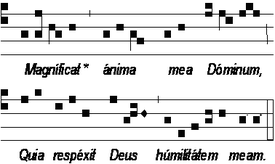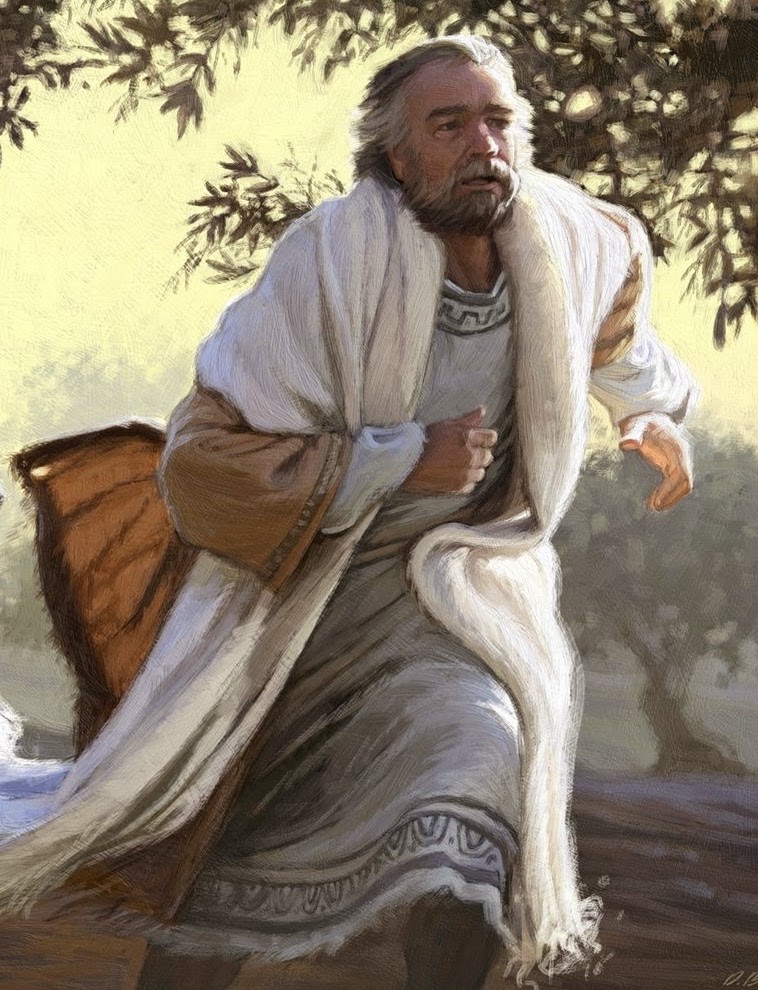This is the text of a sermon preached at St Luke's Chelsea for their Patronal Festival. It was a great delight to share in a wonderful celebration reflecting a vibrant community of worship and witness. Joy flowed through the music and liturgy into the conversations shared over a glass of fizz at the west end. It was a particular joy to be with Brian - my former training incumbent and friend - who has taught me so much about what it is to be a priest. It was good to be alongside his colleagues Emma and John too.
The texts were Isaiah 35:3-6, 2 Timothy 4:5-17, Luke 10:1-9. I was really struck by the phrase in the epistle - 'only Luke is with me'. Sometimes we underestimate the impact we have of being with others. Sharing in God's mission is expressed in the intimacy of those seemingly small things - breath by breath - not just the strategic plans and big events. I was also struck by the fact that Luke places the angels song of peace on our lips - that we might be ambassadors of peace.
St Luke the Evangelist
Icon at St Luke's Chelsea
Only Luke is with me.
Only Luke.
Is with me.
That one phrase, towards the end of what may be Paul’s last letter, reveals something of Luke’s character.
He’s loyal and dedicated; a beloved physician who remains with a prisoner facing death.
His kindness and faithfulness ease the pain of loneliness: sharing the kinship of God’s love.
But there’s more to it than that.
Only Luke is with me.
That one phrase, not penned by him, takes us to the very heart of the good news which he shared.
As an evangelist, Luke wrote with passion, tenderness and beauty about the love of God revealed in Jesus Christ.
As an evangelist, Luke’s own life has been so shaped by that love that he embodies: being with Paul, as God was with us.
In his life, we see the fruit of the Spirit: love, peace, kindness; the doctor sharing the ‘wholesome medicine of the gospel’, bringing healing and wholeness.
Luke alone is with me.
Luke alone tells us some of the most memorable stories of our faith.
He puts songs on the lips of Mary and Zechariah. Their words shape our imaginations with a vision of God’s Kingdom: scattering the proud, lifting up the lowly, filling the hungry, sending the rich away empty; the forgiveness of sins, light to those overwhelmed by darkness and the shadow of death.
Luke alone tells us of angels and multitude of the heavenly host declaring peace on earth; he tells of shepherds seeing God’s word of peace in a speechless infant. Luke alone tells us how Simeon holds that child in his arms - and embraces his own mortality: Master now you are dismissing your servant in peace. He has seen the light and glory of God which heals broken hearts and lives.
Luke alone draws us into the home of Mary and Martha: faced with the different temperaments and affections of siblings, he invites us to lay aside busyness. He invites us to pause; to breath more deeply; to be held in God’s loving gaze. Then we take up our tasks again - infused with a different purpose.
Luke alone is with me.
He draws us into proximity with Jesus and each other. He alone tells us the parable of the Good Samaritan - teaching us to cross the road to be with those in distress. Within our political, social and church life, we continue to struggle to define who our neighbour is; but this familiar story enlarges our hearts. In a diverse parish such as this, we continue to find challenge and inspiration - crossing over boundaries of class, ethnicity, marital status, sexuality, occupation or age.
In retelling this story, he’s pointing us to a God who loved us so much that he dwelt with us; met us in our hurt and bound up our wounds. We too are to be with.
The beloved physician tells stories of those who were healed by Jesus: those in mental distress; Simon’s mother in law; the shunned leper; the paralysed and lame; the centurion’s servant. Time and time again, words of forgiveness, love and blessing bring restoration and inclusion.
Luke deliberately takes that good news of healing and wholeness into the realm of relationships and responsibilities. Luke alone recalls the parable we know as the prodigal son. It’s a story perhaps better described as a story of two beloved sons; of a loving father.
It’s a love that waits for us and rushes towards us; love which refuses to define us by our past or our misguided desires met in worldly temptations. It’s a love which challenges our resentments and jealousy; love which invites us to live with generosity and kindness.
This love is not a zero sum game. Each child learns that they are loveable; that the other is also precious in the sight of God. This is something profoundly intimate about this; the healing of our innermost being
Alongside the calming of storms and the feeding of thousands, Luke alone tells us of Zacchaeus - eating with and following Jesus. Salvation comes near to them - transforming his work, releasing unbounded generosity and justice.
Luke alone tells of the teenage Jesus in the Temple: he amazed the teachers with his understanding and astonished his parents. As an adult, Jesus stands up in his local synagogue to read from the prophet Isaiah: good news for the poor, release to the captive, sight for the blind and freedom for the oppressed. This news of peace and hope cannot be confined to one place or one home town.
Peace goes out into the whole world: and we, like the seventy appointed by Jesus, are sent out into every home and office; every shop and hospital. The harvest is plentiful: men and women, young and old, rich and poor, anxious and ambitious long for peace.
Amidst the pressures to achieve, our hurts or failures; amidst the reality of our mortality we long for something more. Amidst the voices telling us we are insignificant and glittering prizes of wealth, we long for love.
Luke alone takes the song of the angels and places it on our lips: peace to this house, to this place; peace to you. We become ambassadors of peace.
On this festival day, as in every Eucharist, we take up that commission. We greet one another with a sign of peace. Our handshakes become the touch of God. We look on each other with the loving gaze of God. We speak God’s peace.
This is peace which calms our inner storms and forgives our bruising words. It restores dignity as we receive and give. This peace was breathed on us by Jesus: his life, death and resurrection assuring us that there is no longer any place where God’s love is not.
This peace is bequeathed to us by the Holy Spirit; this peace is the breath of God breathing through us.
As we inhale and exhale, we pray.
Peace.
In peace, we are sent. No longer placing our trust in the purses and bags we carry - or being defined by status they confer.
As we eat and drink with colleagues, strangers, friends, we take time with them in peace. We are to be present with others in fleeting moments: the person who makes our coffee or whose depression or grief we acknowledge; the human being sitting in a doorway; the employee with whom we have a difficult meeting. Such moments express the nearness of God’s Kingdom.
Only Luke was with me.
Luke, the beloved physician, teaches us how to be with God and with each other.
Luke alone tells us of the disciples walking towards Emmaus: disciples who were shocked by Jesus’ death, who’d heard rumours of resurrection; who were unable to make sense of what they’d undergone.
Yet, their risen Lord walks with them; opens scriptures to them; stays with them; eats with them.
In a little while, we like them, will glimpse the love and peace of our risen Lord in the breaking of bread.
Supper at Emmaus - Caravaggio
In a little while, we like them, will be sent out.
We are to live lightly and intensely moment by moment; every task, every conversation, every encounter matters.
In being with another we set aside our own interests. Only we can offer that word of encouragement to that person, at that time. Only we can break the spell of loneliness; or entrust someone with responsibility.
Tomorrow we will breath peace; breathing in and out. Tomorrow we offer strength to those feeling week; tomorrow we might receive that gift from another.
In the power of the Spirit, may we share the love God revealed in Jesus Christ; may we be ambassadors of a peaceable kingdom.
This is the work of an evangelist: to say to those who are fearful, be strong do not fear.
Only you.
In that moment.
Only you are with me.
Together.
With others.
© Julie Gittoes 2017





